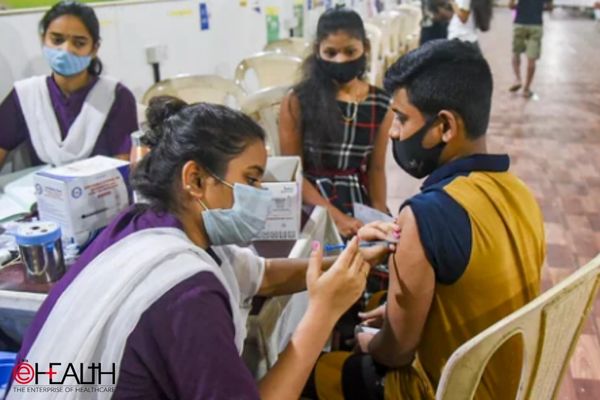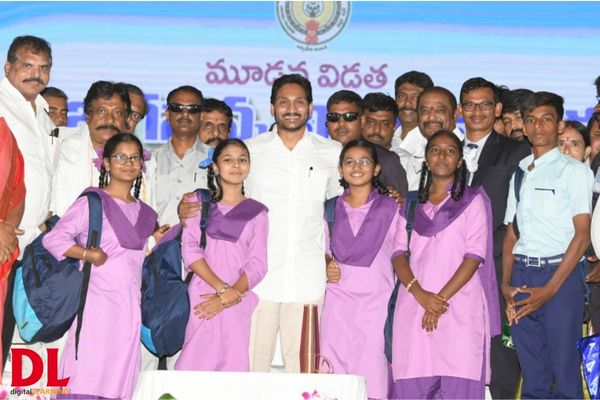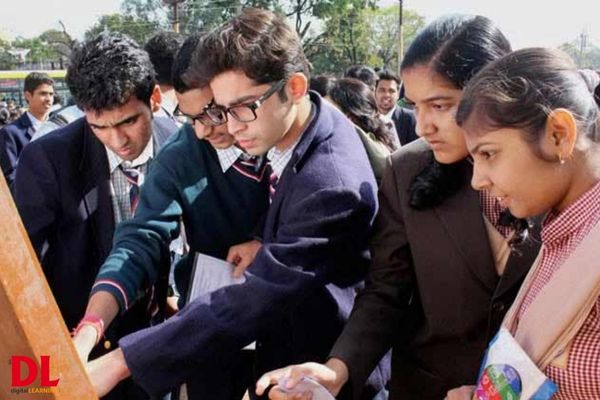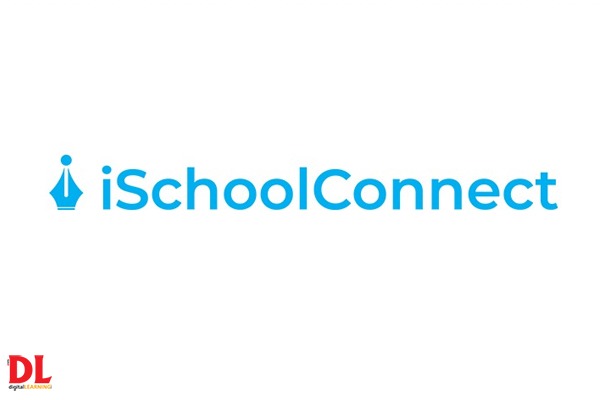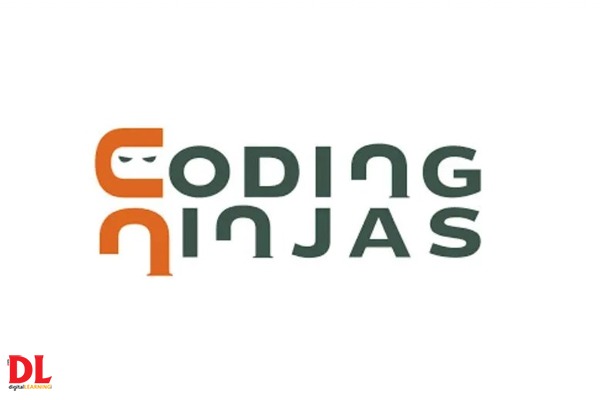Scaling new heights in the ongoing vaccination drive, the state of Uttar Pradesh, on Wednesday, crossed the landmark of achieving 100 percent first dose coverage to the children in the age category of 15-17.
This is another major milestone as the state continues to conduct one of the most successful vaccination campaigns in the country since the rollout of the mass immunisation drive.
Strengthening its fight against the Covid-19 pandemic, the Uttar Pradesh government is providing vaccination cover to all children in a time-bound manner. So far, over 2,64,31,699 vaccine doses have been administered to children in the age group of 15-17, making 100 percent of this age category receiving the first dose and over 88.5 percent of them being fully vaccinated so far.
Similarly, over 1,44,95,214 vaccine doses have been administered to the children in the age group of 12-14 in the state. In this category about 97.4 percent have received the first dose and over 73.7 percent have been fully vaccinated.
As per data from CoWin portal updated till 12:30pm on Wednesday, at least 34.2 crore out of the total 198 crore doses administered in the country are from UP.
Committed to providing additional protection cover to the people, Uttar Pradesh started administering booster shots (precaution dose) from January 10. Over 36.38 lakh ‘precaution doses’ have been administered in the state so far.
UP is followed by Maharashtra with 16.97 crore doses administered so far. In terms of percentage, over 97.59 per cent of the adult population is fully vaccinated and 100 percent have received one vaccine dose.
To ensure vaccine cover to every eligible individual, Chief Minister Yogi Adityanath has also asked the concerned officials to ensure adequate availability of vaccine doses in Uttar Pradesh and encourage the eligible beneficiaries to take the vaccine.
Aggressive Vaccination is an integral part of the comprehensive strategy of the Yogi-led UP government to contain the pandemic, along with adherence to coronavirus- appropriate behaviour and strict surveillance.







